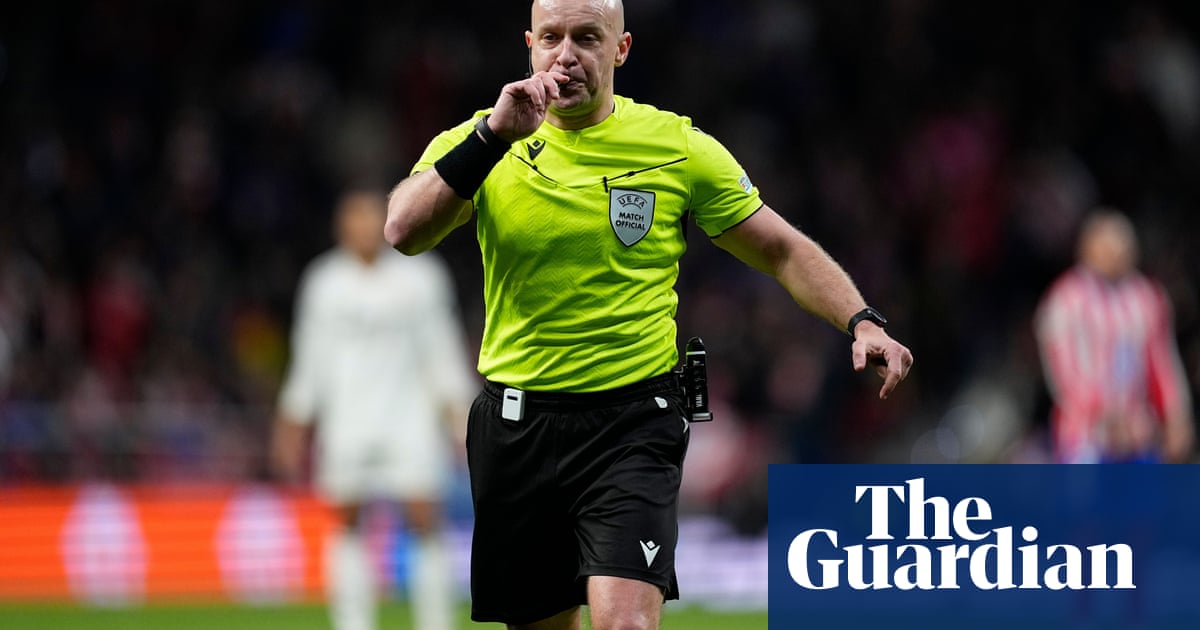Suhail Hussein Husseini reportedly killed as Israel continues to target Hezbollah’s chain of command.
Israeli forces have reported the killing of another senior Hezbollah commander in a strike on the Lebanese capital.
The Israeli army said in a statement on X on Tuesday that Suhail Hussein Husseini, head of the Hezbollah headquarters, was killed as its fighter jets “targeted the Beirut area”.
Israel has claimed significant success since it began targeting the Lebanese armed group’s chain of command last month in a series of attacks that have also killed many civilians.
The army said Husseini’s death was another significant strike on Hezbollah. He was involved in weapons transfers between Iran and the group and in distributing smuggled weapons among various units in Hezbollah, it said.
Husseini was also responsible for the budgeting and logistics of Hezbollah’s “most sensitive projects”, including planning attacks against Israel from Lebanon and Syria, it added.
Hezbollah has not commented on the Israeli statement.
Major blows
Israel has inflicted major blows on Hezbollah and its ally Hamas by assassinating their leaders and commanders since the Hamas-led attack on Israel on October 7 last year saw it launch its ongoing war on Gaza.
In the biggest blow to Hezbollah in decades, Israel killed longtime leader Hassan Nasrallah with an air strike in Beirut’s southern suburbs late last month.
Over the past few months, Israeli forces have killed numerous senior Hezbollah officials.
Last month, Israeli air raids on the Beirut suburbs killed Hezbollah commanders and top officials Ibrahim Qubaisi, Ibrahim Aqil and Ahmed Wahbi. Over the summer, Israeli forces killed Fuad Shukr, Muhammed Nasser and Taleb Abdallah, also senior Hezbollah commanders.
However, Hezbollah’s deputy leader Naim Qassem insisted on Tuesday that the group’s “military capabilities are fine” and that its leadership is in order despite the “painful” Israeli strikes.
Twin fronts
There is a rising concern of an escalation into a regional war featuring direct conflict between Israel and Iran, among others.
Israel has been at war with Hamas and its ally Hezbollah in Lebanon, which began exchanging fire with Israel across the shared border on October 8 last year, since it launched its assault on Gaza.
Last month, Israel shifted much of its focus from Gaza to its northern frontier, with the stated aim of allowing the return of tens of thousands of Israeli civilians to their homes.
The Israeli military announced last week that its forces had begun ground incursions into Lebanon. It has continued to launch attacks on towns and villages across the border, as well as on the densely populated southern Beirut suburbs.
On Tuesday, the Israeli military announced that its 146th Division had started what it called limited, localised and targeted operations against Hezbollah targets and infrastructure in southwestern Lebanon.
Meanwhile, Hezbollah said it had launched numerous missiles at Israel from Lebanon.
The salvo was fired at various targets in northern Israel, according to a statement distributed in Beirut by the Iran-linked group.
The Israeli army said air raid alerts had been issued in several areas. There was no immediate information about any casualties or damage.
During his speech, Qassem said Hezbollah plans to expand its attacks on northern Israel and that “more and more Israelis will be displaced from the settlements”.
He also stated that Iran remains committed to regional “resistance” to Israel.
Tension remains high as Israel mulls its response to a barrage of missiles launched by Iran last week.
Iranian Foreign Minister Abbas Araghchi on Tuesday reiterated that Tehran will retaliate should Israel attack it.









